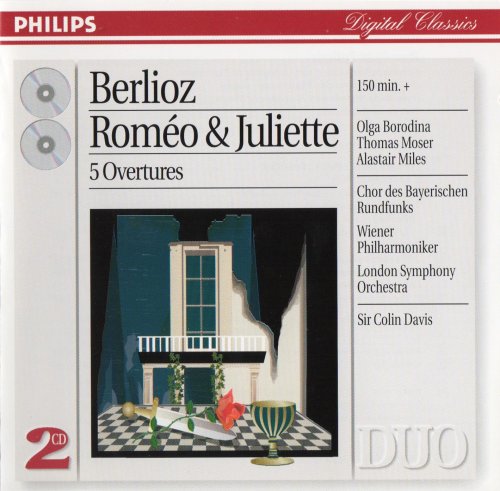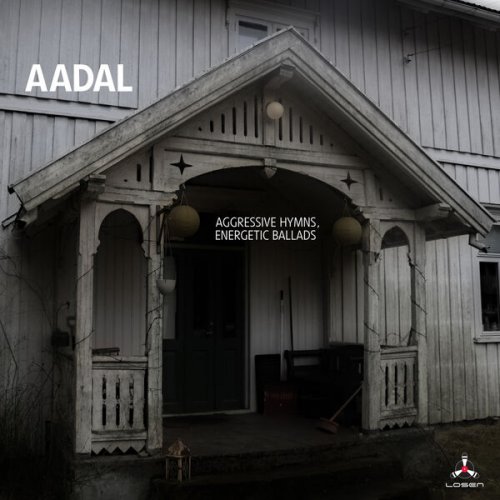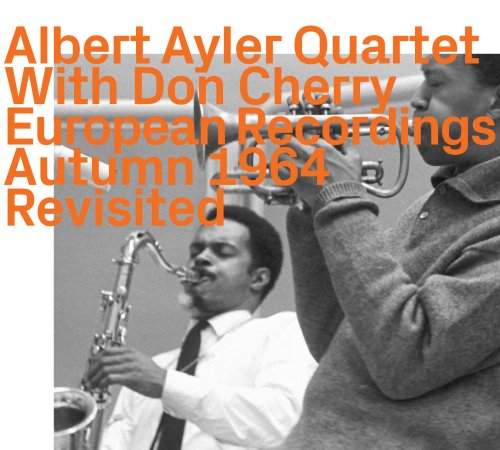Sir Colin Davis - Berlioz: Roméo et Juliette, Overtures (2002)

Artist: Sir Colin Davis
Title: Berlioz: Roméo et Juliette, Overtures
Year Of Release: 2002
Label: Philips
Genre: Classical
Quality: FLAC (image+.cue,log,scans)
Total Time: 02:32:05
Total Size: 708 Mb
WebSite: Album Preview
Tracklist: Title: Berlioz: Roméo et Juliette, Overtures
Year Of Release: 2002
Label: Philips
Genre: Classical
Quality: FLAC (image+.cue,log,scans)
Total Time: 02:32:05
Total Size: 708 Mb
WebSite: Album Preview
CD 1
Berlioz: Roméo et Juliette, Op.17
1. Part 1 - Introduction
2. Part 1 - Prologue: "D'anciennes haines endormies"
3. Part 1 - Strophe 1: "Premiers transports que nul n'oublie"
4. Part 1 - "Heureux enfants aux coers de flamme"
5. Part 1 - Récitatif et Scherzetto: "Bientôt de Roméo" - "Mab! la messagère" - "Bientôt la mort est souveraine"
6. Part 2 - Roméo seul - Tristesse - Concert et bal
7. Part 2 - Grande fête chez les Capulets
8. Part 3 - "Ohé! Capulets! bonsoir, bonsoir!"
9. Part 3 - Scène d'amour
10. Part 4 - La reine Mab, ou la fée des songes
11. Part 5 - Jetez des fleurs
12. Part 6 - Romeo au tombeau des Capulets
CD 2
1. Part 7 - Quoi! Roméo de retour!
2. Part 7 - Pauvres enfants que je pleure
3. Part 7 - Jurez donc par l'auguste symbole
4. Béatrice et Bénédict, H.138 - Ouverture
5. Overture "Le roi Lear", Op. 4
6. Overture "Les francs-juges", Op. 3
7. Overture "Waverley", Op. 1
8. Overture "Le corsaire", Op. 21
Performers:
Olga Borodina - mezzo-soprano
Thomas Moser - tenor
Alastair Miles - bass
Chor des Bayerischen Rundfunks
Wiener Philharmoniker
London Symphony Orchestra
Sir Colin Davis – conductor
Colin Davis' Berlioz has in general tended to draw some rave reviews from the critics, and while I am not always in agreement with them, I have to admit that this is probably the best version of the sprawling and flawed but ultimately rather rewarding work available. His abilities to draw various color nuances - darker ones, in particular - from the orchestra, especially the wind section, are marvelous. The soloists are in general good, too, and overall this urgent reading should warrant a safe recommendation.
But Davis and Berlioz at their best come in the selection of overtures. These are thrillingly executed, drawing some spectacular playing from the orchestra. And how varied but consistently good they sound in these performances; Le Corsaire is utterly thrilling, King Lear bold and dark, Waverley is spectacularly and wistfully majestic, Béatrice et Bénédict hugely enjoyable, Les Francs Juges dazzlingly glorious. Overall, this is a safe recommendation even if it makes a strong case for the claim that Berlioz simply wasn't at his best in the large scale works he was so fond of writing but rather in the shorter always superbly orchestrated overtures.
But Davis and Berlioz at their best come in the selection of overtures. These are thrillingly executed, drawing some spectacular playing from the orchestra. And how varied but consistently good they sound in these performances; Le Corsaire is utterly thrilling, King Lear bold and dark, Waverley is spectacularly and wistfully majestic, Béatrice et Bénédict hugely enjoyable, Les Francs Juges dazzlingly glorious. Overall, this is a safe recommendation even if it makes a strong case for the claim that Berlioz simply wasn't at his best in the large scale works he was so fond of writing but rather in the shorter always superbly orchestrated overtures.
![Karsten Vogel - Late Night Ballads (2026) [Hi-Res] Karsten Vogel - Late Night Ballads (2026) [Hi-Res]](https://www.dibpic.com/uploads/posts/2026-02/1771430081_n5uklrl79ymhl_600.jpg)



![Johannes Enders - Standard Questions (2026) [Hi-Res] Johannes Enders - Standard Questions (2026) [Hi-Res]](https://www.dibpic.com/uploads/posts/2026-02/1771328675_folder.jpg)



